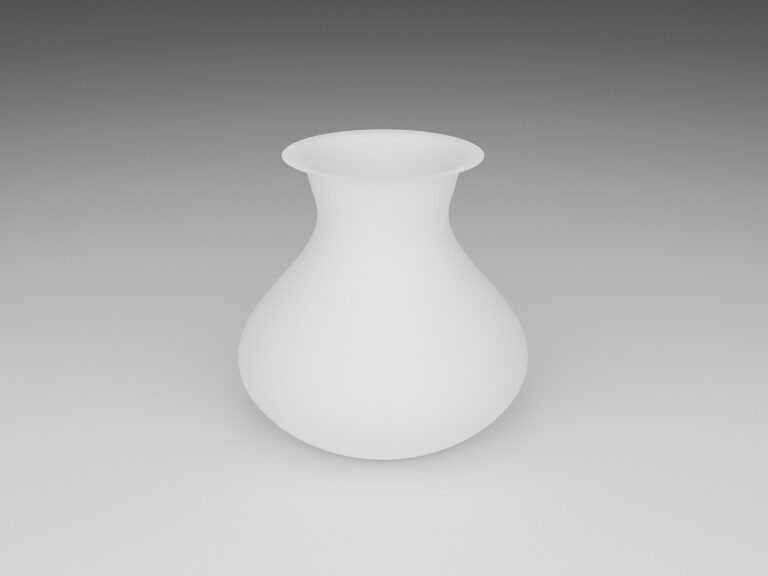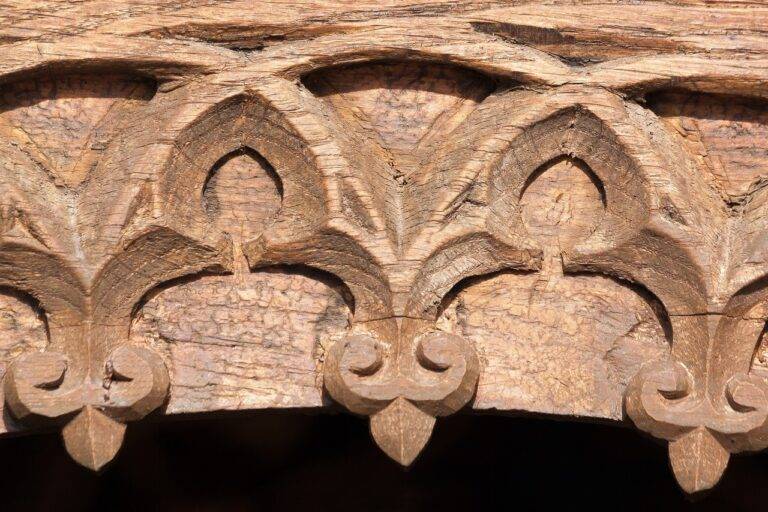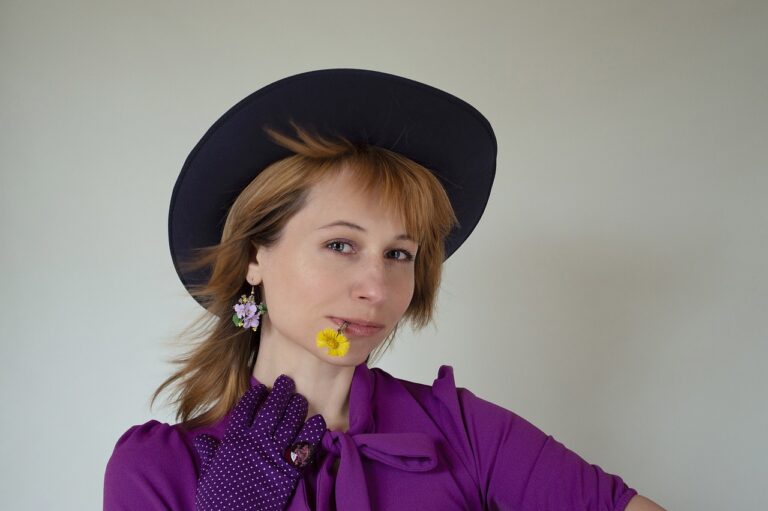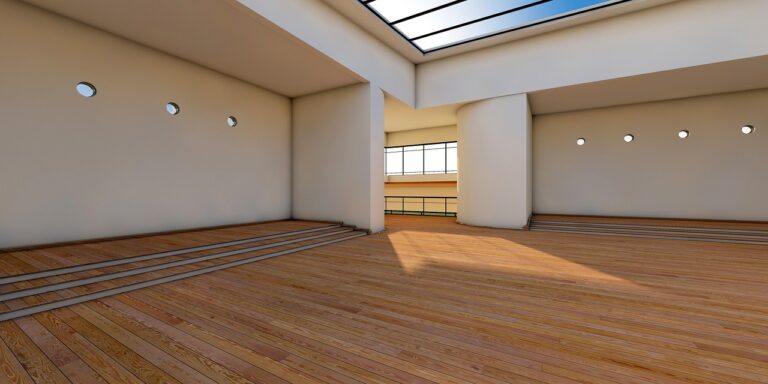Wine and the Aging Process: Exploring the Characteristics of Matured Wines: Sky247.in login, 11x game login, 99exch
sky247.in login, 11x game login, 99exch: Wine and the Aging Process: Exploring the Characteristics of Matured Wines
Are you a wine enthusiast looking to expand your palate and knowledge? One of the exciting aspects of the world of wine is the aging process. As wine matures, it develops unique characteristics that can enhance your tasting experience. In this article, we will explore the fascinating journey of matured wines and what sets them apart from their younger counterparts.
Understanding the Aging Process
Wine aging is the process in which a wine develops and changes over time, typically in a controlled environment. Most wines are considered ready to drink upon release, but certain wines benefit from aging to unlock their full potential. As a wine ages, it undergoes a transformation in its flavor profile, texture, and overall complexity.
Factors Affecting Wine Aging
Several factors influence how a wine ages, including grape variety, winemaking techniques, storage conditions, and the natural aging potential of the wine itself. Red wines generally age better than white wines due to their higher tannin content, which acts as a preservative. Additionally, wines with high acidity and alcohol levels are more likely to age well.
Characteristics of Matured Wines
Matured wines offer a range of complex flavors and aromas that are not present in younger wines. Some common characteristics of matured wines include:
1. Integration of flavors: As a wine ages, its individual flavors become more harmonious and balanced.
2. Development of secondary aromas: Matured wines often exhibit a bouquet of complex aromas such as dried fruits, leather, tobacco, and earthy notes.
3. Softened tannins: Tannins, which provide structure and astringency to wine, tend to soften over time, resulting in a smoother mouthfeel.
4. Increased depth and complexity: Matured wines offer layers of flavors and aromas that unfold with each sip, providing a truly sensory experience.
Tips for Enjoying Matured Wines
To fully appreciate the nuances of matured wines, consider the following tips:
– Decant older wines to help aerate them and enhance their aromas.
– Serve matured wines at the right temperature to ensure optimal taste.
– Pair matured wines with food that complements their rich flavors, such as aged cheeses, roasted meats, or dark chocolate.
FAQs
Q: How long should I age a wine before drinking it?
A: The aging potential of a wine depends on several factors, including grape variety, winemaking style, and storage conditions. It’s best to research specific recommendations for each wine.
Q: Do all wines improve with age?
A: Not all wines are meant to be aged. Most white wines and light red wines are best enjoyed young, while full-bodied red wines like Cabernet Sauvignon and Bordeaux blends can benefit from aging.
Q: Can I age wine at home?
A: While professional wine cellars provide ideal aging conditions, you can create a suitable environment at home by storing wines in a cool, dark place with consistent temperature and humidity levels.
In conclusion, exploring the characteristics of matured wines can be a rewarding journey for wine enthusiasts. By understanding the aging process and knowing how to appreciate matured wines, you can enhance your tasting experience and discover new favorites along the way. Cheers to the joys of aging gracefully in the world of wine!







